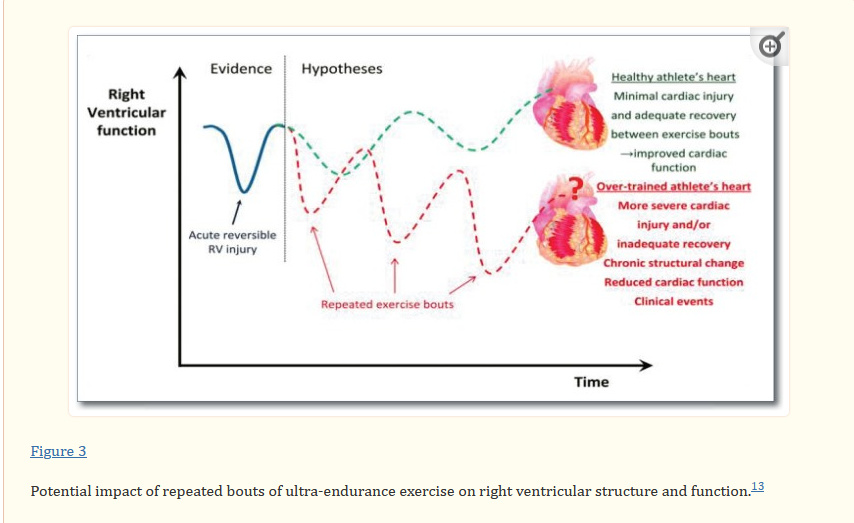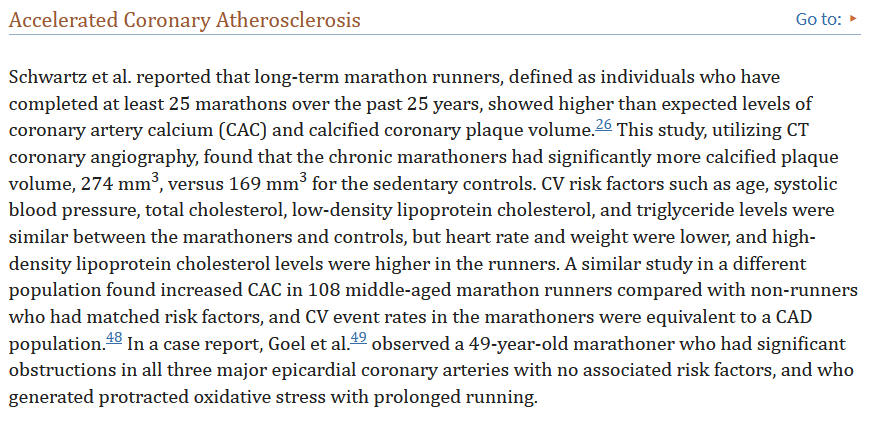Plenty of people have reduced their burden of calcified plaque on a ketogenic diet. It’s an assumption that keto “caused” your plaque score; it could just as easily be the result of all those years of high-glucose eating before you started keto.
Unless you have a previous score to compare to, it’s not time to panic yet. A stable or declining CAC score is fine; it’s only bad if it starts going up, and a statin is likely to cause further calcification.
Stabilised (i.e., calcified) plaque is not a bad thing, certainly it’s much better than having lots of soft plaques. However, the existence of calcification shows that the patient has been experiencing arterial damage at a rate greater than normal, hence it’s value as an indicator of cardiovascular risk.
But unless you know for sure that your CAC score was 600 ten years ago, and it’s now 1114 from eating keto, then it could just as easily be the case that your score was 2000 ten years ago. We don’t regularly do CAC scans (because there’s no drug to sell to alleviate the “problem”), so having is necessary for the full picture. Get tested again in six months to a year, and see what your score is then. Other tests I’d want would be a CIMT (coronary intima media thickness) scan and some other measures of arterial occlusion. In the meantime, I personally would be eating keto/carnivore.
The body eventually deals with calcified plaques, just as it deals with any scab. Supplementing with vitamins D and K should eventually help the calcium get back to the bones, where we really want it. However, that is a slow process.
Here’s hoping your next CAC will show an improvement.




 Maybe there are or will be some studies someday.
Maybe there are or will be some studies someday.